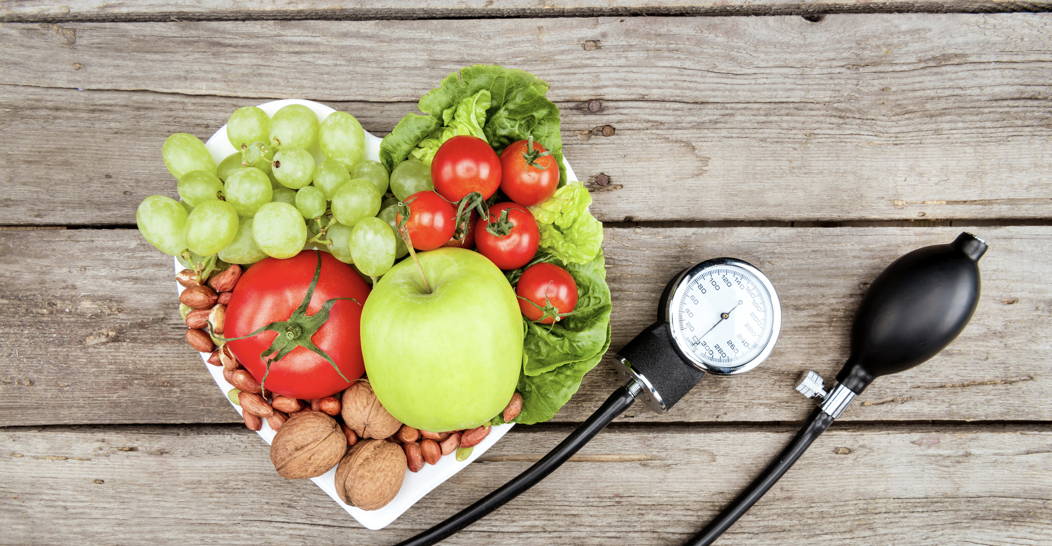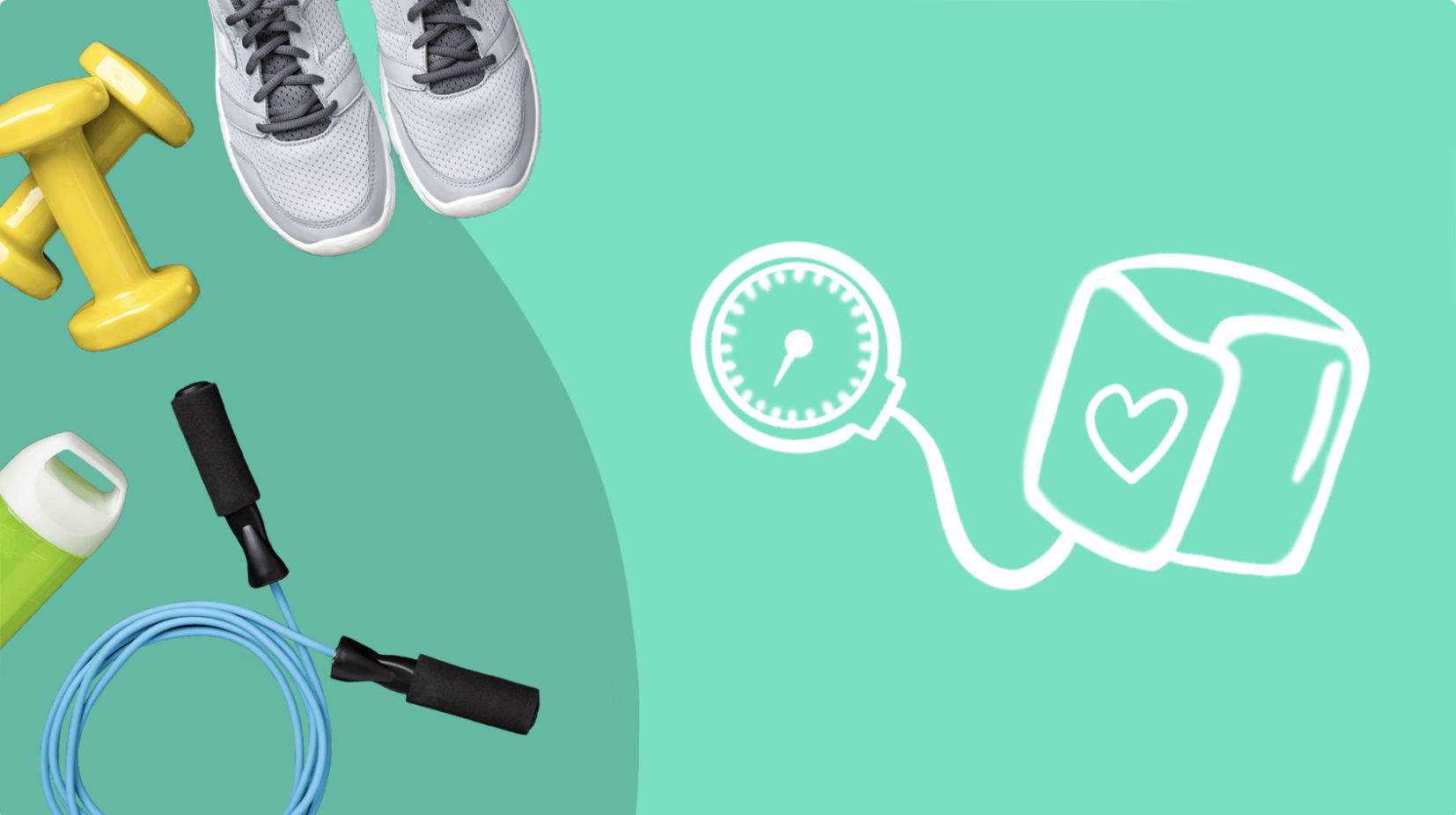No Products in the Cart
High blood pressure, also known as hypertension, is a common condition that affects millions of people around the world. It occurs when the force of blood against the walls of your blood vessels is consistently too high, and can lead to serious health problems such as heart disease, stroke, and kidney disease. In this article, we will explore what high blood pressure is, what causes it, how it is diagnosed, and what you can do to manage and prevent it.
April 28, 2023
"It is recommended that you have your blood pressure checked at least once a year, even if you feel healthy."

What is high blood pressure?
Blood pressure is the measure of the force of blood against the walls of your blood vessels. When your heart beats, it pumps blood into your blood vessels, creating pressure. Your blood pressure is measured using two numbers: systolic pressure (the top number) and diastolic pressure (the bottom number). Systolic pressure is the pressure in your blood vessels when your heart beats, and diastolic pressure is the pressure in your blood vessels when your heart is at rest between beats.
A normal blood pressure reading is less than 120/80 mmHg (millimeters of mercury). If your blood pressure consistently reads 130/80 mmHg or higher, you may be diagnosed with high blood pressure.
How is high blood pressure diagnosed?
High blood pressure can be diagnosed with a simple blood pressure test. During this test, a healthcare professional will wrap a cuff around your arm and inflate it to stop the flow of blood. The cuff will then be slowly deflated, while the healthcare professional listens to your pulse with a stethoscope and measures your blood pressure with a gauge.
It is recommended that you have your blood pressure checked at least once a year, even if you feel healthy. This is because high blood pressure often has no symptoms, and can silently damage your blood vessels and organs over time.
Lifestyle changes that may help to lower your blood pressure include:
Losing weight if you are overweight or obese
Eating a healthy diet that is low in salt, fat, and cholesterol
Exercising regularly (at least 30 minutes a day, most days of the week)
Quitting smoking or avoiding exposure to secondhand smoke
Reducing your alcohol consumption
Managing stress
If lifestyle changes alone are not enough to control your blood pressure, your doctor may prescribe medication.
What Causes High Blood Pressure?

There are several factors that can contribute to high blood pressure. These include:
Being overweight or obese
Lack of physical activity
Smoking or exposure to secondhand smoke
Eating a diet high in salt, fat, and/or cholesterol
Drinking too much alcohol
Stress and anxiety
Family history of high blood pressure
Age (blood pressure tends to increase as you get older)
Certain medical conditions, such as diabetes, kidney disease, and sleep apnea
In some cases, high blood pressure can also be caused by certain medications, such as nonsteroidal
anti-inflammatory drugs (NSAIDs) and some antidepressants